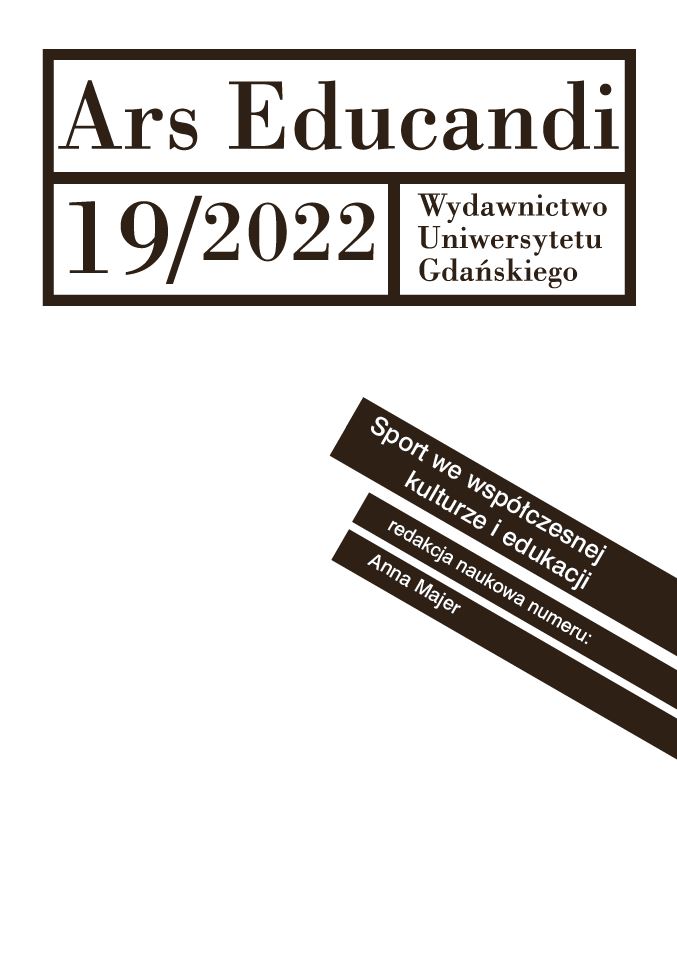Perfekcja w sporcie
jako szansa i zagrożenie dla zawodników
Perfection in sport as an opportunity and a threat to athletes
Author(s): Aleksandra Ostrowska, Magdalena JochimekSubject(s): Individual Psychology, Social psychology and group interaction, Sports Studies
Published by: Wydawnictwo Uniwersytetu Jagiellońskiego
Keywords: positive perfectionism; negative perfectionism; sport; sport psychology;
Summary/Abstract: Striving towards perfection is an inseparable element accompanying sports activities. The requirements set for sportspeople are often connected to the necessity of transcending one’s own boundaries, which leads to a particular mode of perceiving task-related situations. Starting in competitions or multiple repetitions of an exercise during the training sessions results in the athletes often starting to perceive themselves within the optic of fulfilling somestandards as set by themselves or imposed by their peer group. Whenever these standards become rigid and make the perception of one’s worthiness contingent on upholding them, there increases the risk of perfectionism negatively affecting a sportsperson. Perfectionism is a term difficult to define, multi-dimensional, which leads the researchers of this construct to use varied theoretical approaches. This complicates any critical analysis of research results or drawing comparisons between them. With this in mind, the aim of this article is to review selected scientific publications concerning the perfectionism in sports. The analysis included both research signalling towards the benefits of positive perfectionism and that regarding the consequences of employing cognitive-behavioural strategies tied to negative perfec- tionism. The analysis showed that research on perfectionism is increasingly conducted with regard to sports, especially on sportspeople in adolescence and early adulthood. Positive perfectionism appears to have a beneficial effect on the athletes’ functioning, but it does carry the risk of developing dysfunctional perfectionism. Developing perfection- ism in athletes is related both to the influence of their environment and their experiences, garnered in the process of education in the sports environment as well as the familial one. For this reason, while summing up the results, the modes of function of athletes are related to the cognitive-behavioural model of dysfunctional perfectionism, and possible means of counteracting it are proposed for when the symptoms of this dysfunction are observed.
Journal: Ars Educandi
- Issue Year: 2022
- Issue No: 19
- Page Range: 11-26
- Page Count: 16
- Language: Polish

